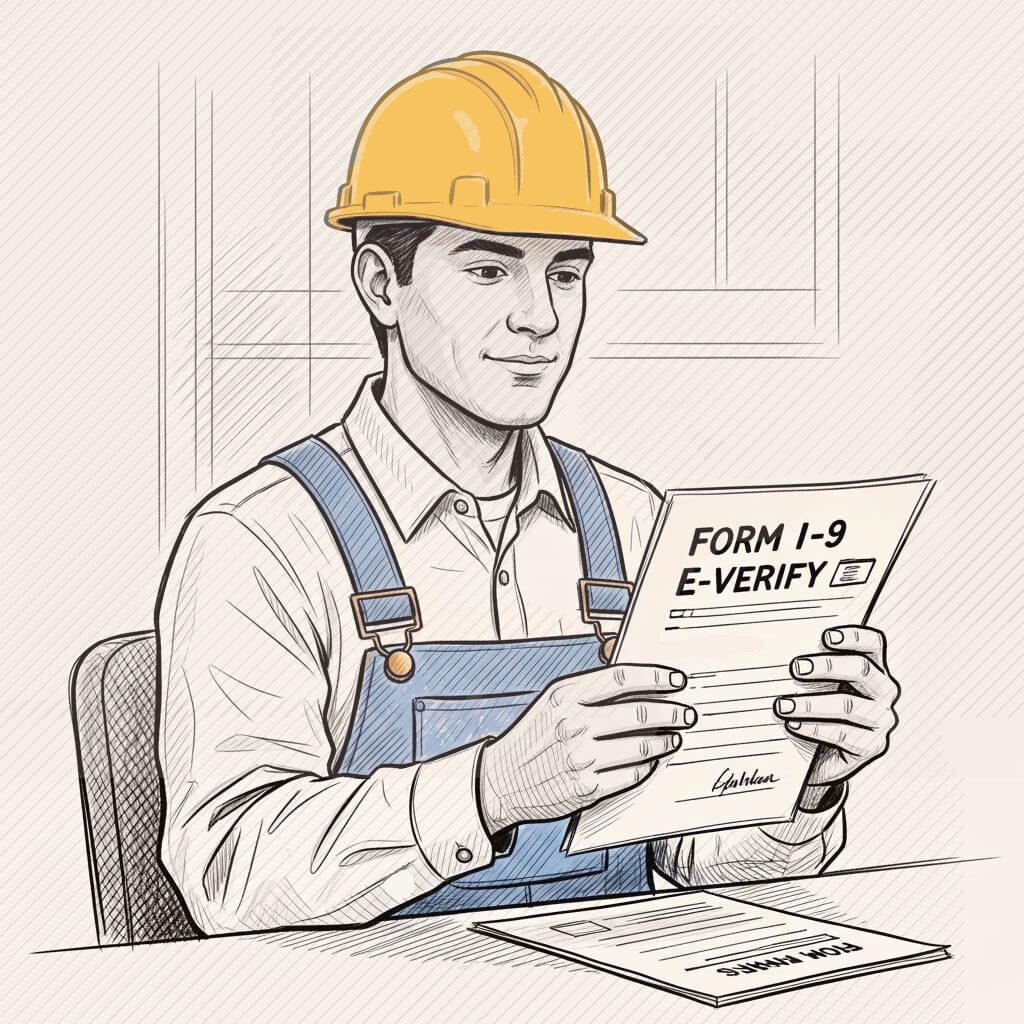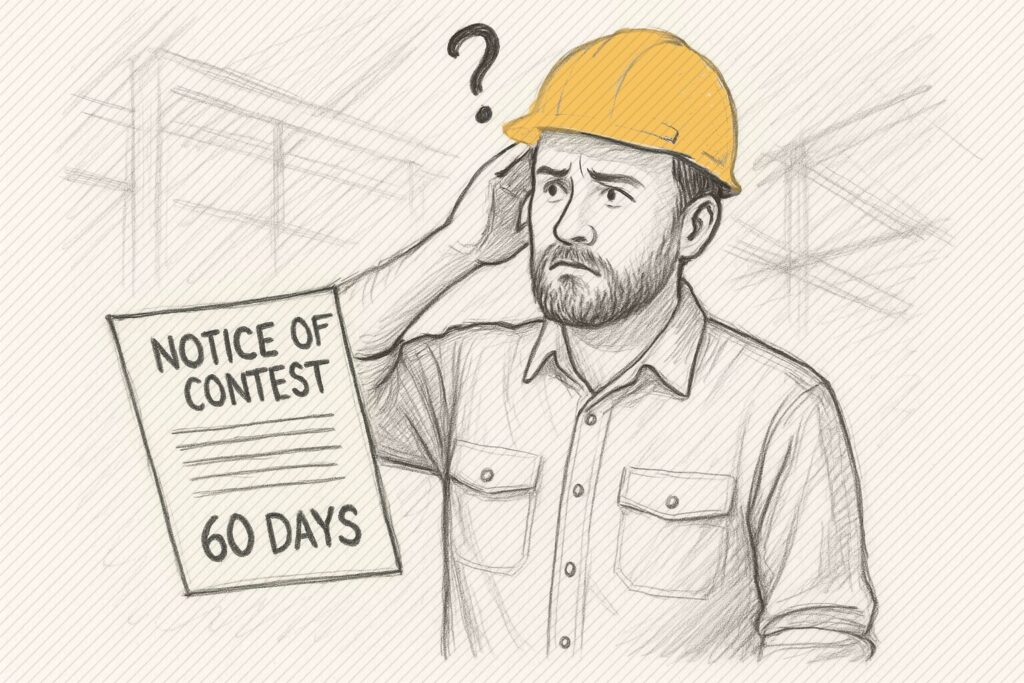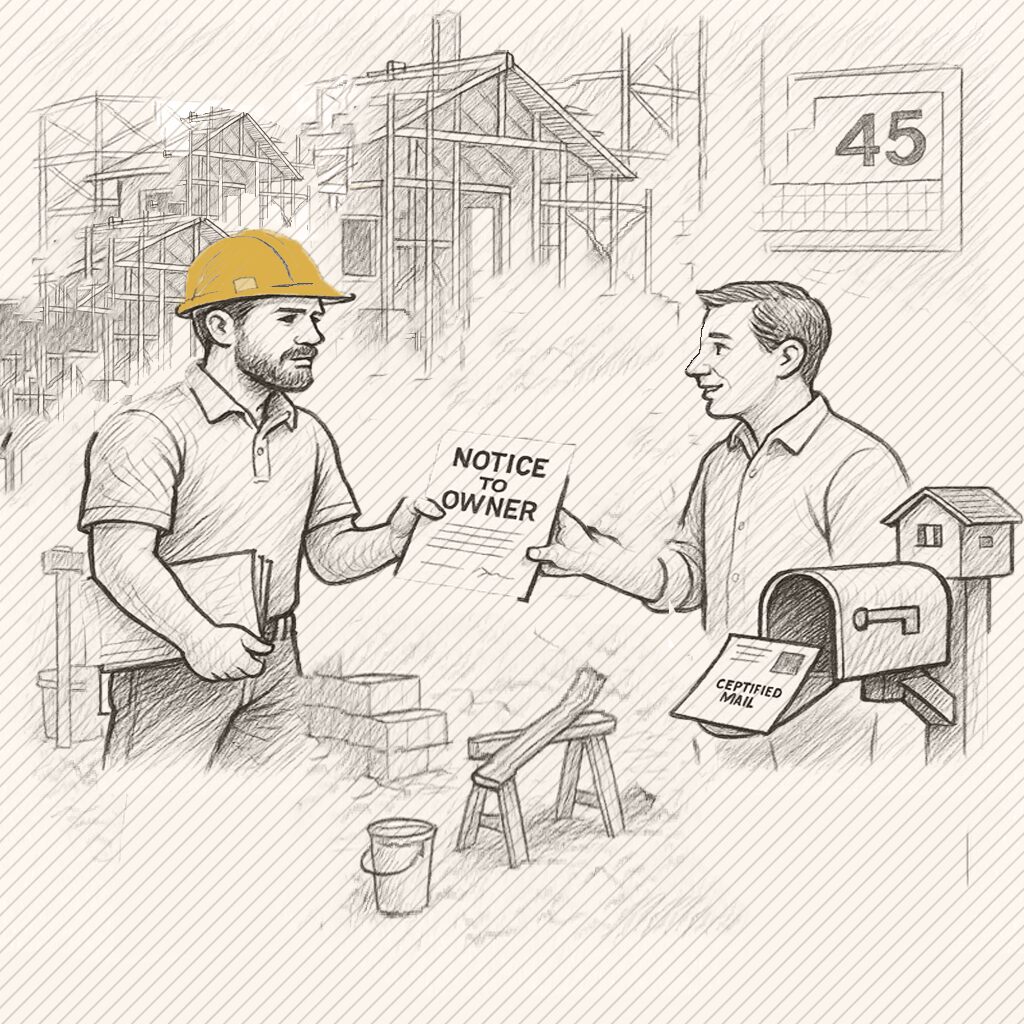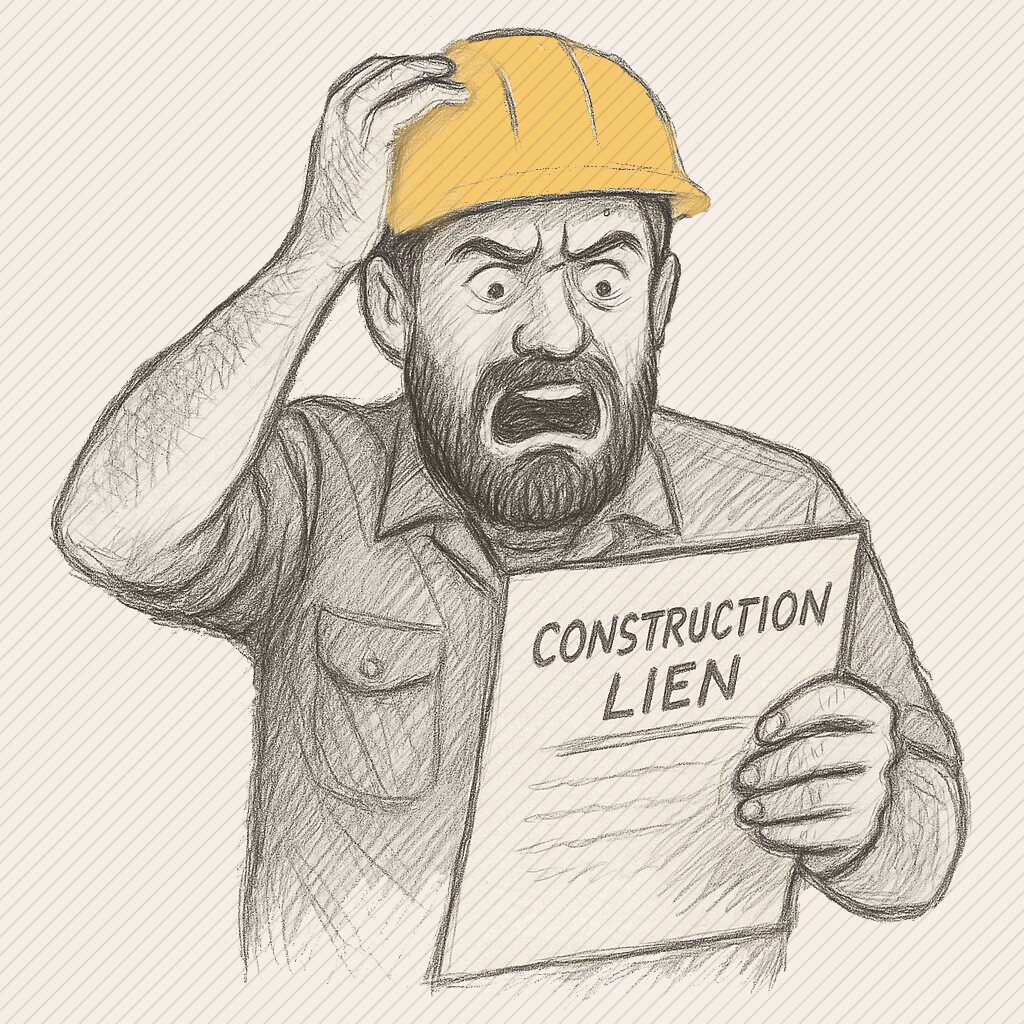20 Essential Facts About Florida Notices of Commencement (NOC)

Understand how a Florida Notice of Commencement (NOC) works and why it’s critical to securing lien rights. Here are 20 essential legal facts contractors and property owners must know.
The New ICE Age: What Florida Contractors Need to Know About I‑9s and E‑Verify in 2025

It’s no secret that 2025 has been a rough year for small business owners—especially in the construction world. But if you’re a Florida contractor, you’ve got another storm to weather: immigration enforcement is heating up fast. ICE raids are no longer a big-city problem or something that only affects large corporations. They’re happening everywhere—from repair […]
Punch List vs. Warranty Work in Florida Construction: Know the Difference (and the New 1-Year Warranty Law)

You’ve just finished a construction project. The owner walks through and points out a few scuffs, a misaligned cabinet door, and a missing light cover. You jot these down on a punch list – the final to-do list of minor fixes before the job is truly done. You take care of those items, collect your […]
Change Order Best Practices for Florida Contractors and Subcontractors

In Florida construction, change orders are a fact of life. Unexpected conditions, client requests, design tweaks — they all affect time, cost, and scope. But while change is common, payment problems and legal disputes over change orders are even more common — especially when they’re poorly managed.
Can I Get Paid Without a Signed Change Order in Florida?

The scope changed. You did the extra work. Now the GC or owner refuses to pay because “you didn’t get a signed change order.” Sound familiar?
How to Handle Partial and Conditional Satisfaction of Construction Liens in Florida

In Florida construction law, knowing the difference between a release of lien and a satisfaction of lien can mean the difference between getting paid and giving up your rights too soon.
What to Do If You Receive a Notice of Contest in Florida

In Florida, a construction lien is a powerful tool for contractors, subcontractors, and suppliers to secure payment. However, receiving a Notice of Contest of Lien can significantly alter your ability to enforce that lien. This legal document, recorded by a property owner, reduces the time you have to act from one year to just 60 days. Failing to respond appropriately can result in the automatic loss of your lien rights.
What Happens If a Notice to Owner (NTO) Is Undelivered or Rejected?

Under Florida’s Construction Lien Law (Chapter 713, Florida Statutes), certain construction professionals must serve a Notice to Owner (NTO) to protect their right to file a lien. This is not optional—missing this requirement can result in losing your lien rights and, ultimately, your ability to collect payment.
Notice to Owner in Florida: When and How to Serve It

If you’re working on a construction project in Florida and don’t have a direct contract with the property owner, Florida law may require you to serve a Notice to Owner (NTO) to preserve your right to file a lien. This requirement, found in Florida Statutes Chapter 713, is strict: missing the deadline or serving it improperly can eliminate your ability to enforce payment—even if the owner knows you’re involved in the project.
Common Mistakes That Invalidate a Construction Lien in Florida

Avoid costly errors when filing a construction lien in Florida. This guide explains the most common mistakes under Chapter 713 and how to protect your payment rights.